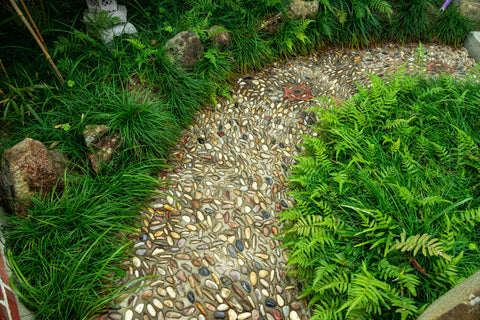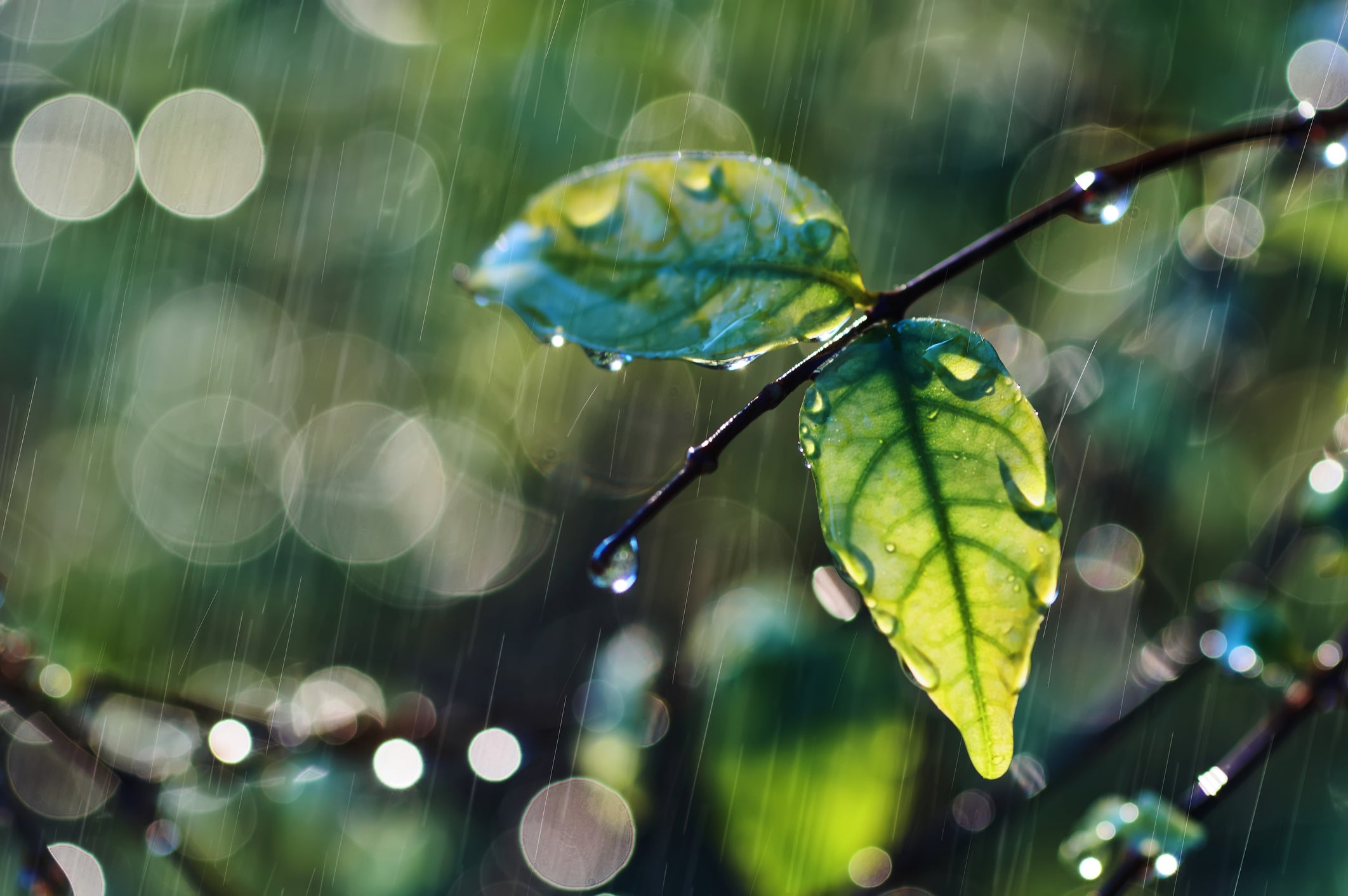The Pacific Northwest is a land of misty mornings, emerald forests, and abundant rainfall. While this precipitation nourishes our lush landscapes, it also presents a challenge: managing stormwater runoff. Traditional lawns and impermeable surfaces often send polluted water rushing into our precious waterways, harming ecosystems and aquatic life. But what if there was a way to harness the power of rain while beautifying your yard and protecting the environment? Enter the rain garden, a sustainable landscaping marvel that's rapidly gaining popularity in the region.
What is a Rain Garden?
A rain garden is a strategically designed depression or berm filled with native plants that collects and filters stormwater runoff from roofs, driveways, and other impervious surfaces. It acts like a miniature wetland, slowing down the water flow, allowing it to soak into the ground, and naturally filtering pollutants before they reach our waterways.

Benefits of Rain Gardens in the Pacific Northwest
- Reduces flooding: Rain gardens act as sponges, absorbing excess rainwater and preventing overwhelmed storm drains from causing floods.
- Improves water quality: Native plants in rain gardens filter out pollutants like fertilizers, pesticides, and sediment, protecting our rivers, streams, and marine ecosystems.
- Creates habitat for wildlife: Rain gardens attract pollinators, birds, butterflies, and other beneficial creatures, promoting biodiversity in your backyard.
- Low maintenance: Once established, rain gardens require minimal upkeep, making them a sustainable and eco-friendly landscaping choice.
- Enhances curb appeal: Rain gardens add a splash of color and life to your property, transforming it into a beautiful and functional oasis.
Designing Your Rain Garden
- Location: Choose a low spot in your yard that receives moderate to full sun exposure. Avoid placing it near foundations or septic systems.
- Size: The size of your rain garden will depend on the amount of runoff it needs to handle. A general rule of thumb is to make it 10% of the impervious surface area it drains.
- Soil: Amend your soil with compost and organic matter to improve drainage and moisture retention.
- Plants: Select native plants suitable for your local climate and soil type. Opt for a variety of plants with different heights, textures, and bloom times to create visual interest. Some popular choices for the Pacific Northwest include:
- Red-flowering currant
- Salmonberry
- Columbine
- Western sword fern
- Evergreen huckleberry
- Mulch: Cover your rain garden with a layer of wood chips or bark to suppress weeds, retain moisture, and regulate soil temperature.

Additional Tips
- Incorporate rocks and stones: Add visual interest and create pathways with decorative rocks and stones.
- Edge your rain garden: Use edging materials like bricks, logs, or stones to define the borders and prevent erosion.
- Get creative: Don't be afraid to experiment with different shapes, sizes, and plant combinations to create a unique and personalized rain garden.
By incorporating a rain garden into your landscape, you can become a responsible steward of the environment while creating a beautiful and functional addition to your Pacific Northwest home. So, grab your gardening gloves, embrace the rain, and let your creativity bloom! Let's make the Pacific Northwest a region of thriving rain gardens and sparkling waterways, one backyard oasis at a time! Remember, even small rain gardens can make a big difference in protecting our environment and beautifying our communities. So, get out there, get planting, and let the rain nourish your landscape and your soul!
Resources:
- Washington State Department of Ecology Rain Garden Handbook: https://apps.ecology.wa.gov/publications/publications/1310027.pdf
- King County Rain Garden Design Guide: https://apps.ecology.wa.gov/publications/publications/1310027.pdf
- Native Plant Society of Oregon: https://www.npsoregon.org/



Leave a comment